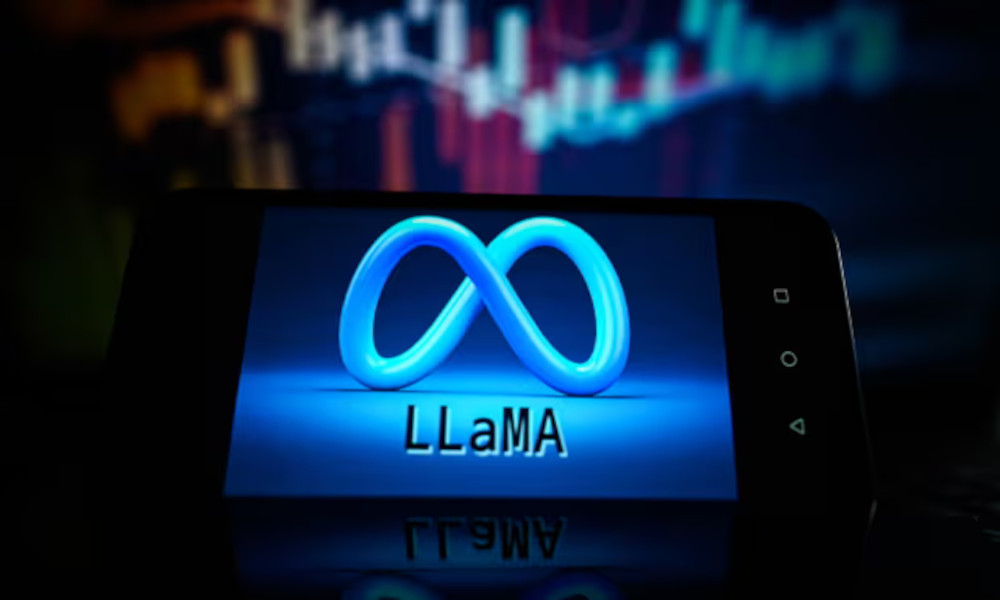Meta has introduced an open-source artificial intelligence model, Llama 3.1 405B, claiming it to be a strong competitor to products from companies like OpenAI and Anthropic.
In a blog post, Meta stated that its new model is “competitive” with others, including those from OpenAI and Anthropic, across various tasks. This implies that one of the world’s most powerful AI models is now accessible without an intermediary charging for access or controlling its usage.
Developers can fully customize the models for their needs and applications, train on new datasets, and conduct additional fine-tuning,” Meta said. This move empowers the broader developer community to harness the potential of generative AI, allowing them to tailor applications and run them in any environment, all without sharing data with Meta.
Users of Llama on Meta’s own apps, currently available only in the US, will benefit from additional “safety” layers, according to the company. These safety measures are also open-source, but Meta cannot enforce their application by others using the model.
Mark Zuckerberg, Meta’s co-founder, expressed his belief in open-source technology for a positive AI future. He stated, “AI has more potential than any other modern technology to increase human productivity, creativity, and quality of life… Open source will ensure that more people around the world have access to the benefits and opportunities of AI.
Zuckerberg acknowledged that “bad actors may be able to use the intelligence of AI models to fabricate entirely new harms.” However, he argued, “I think it will be better to live in a world where AI is widely deployed so that larger actors can check the power of smaller bad actors.
Currently, the AI model is only available to users in 22 countries, including the US. Meta reportedly avoided an EU launch due to concerns about the region’s regulatory framework around AI and data protection. As an open-source system, Llama 3.1 405B will likely become accessible to users outside the EU through other channels soon.
Meta’s claims about its model’s power are yet to be verified by third parties. The model’s size puts it on par with the largest systems from competitors. However, until fair tests are conducted between Llama 3.1 405B and peers like GPT-4o, its effectiveness remains to be seen.










